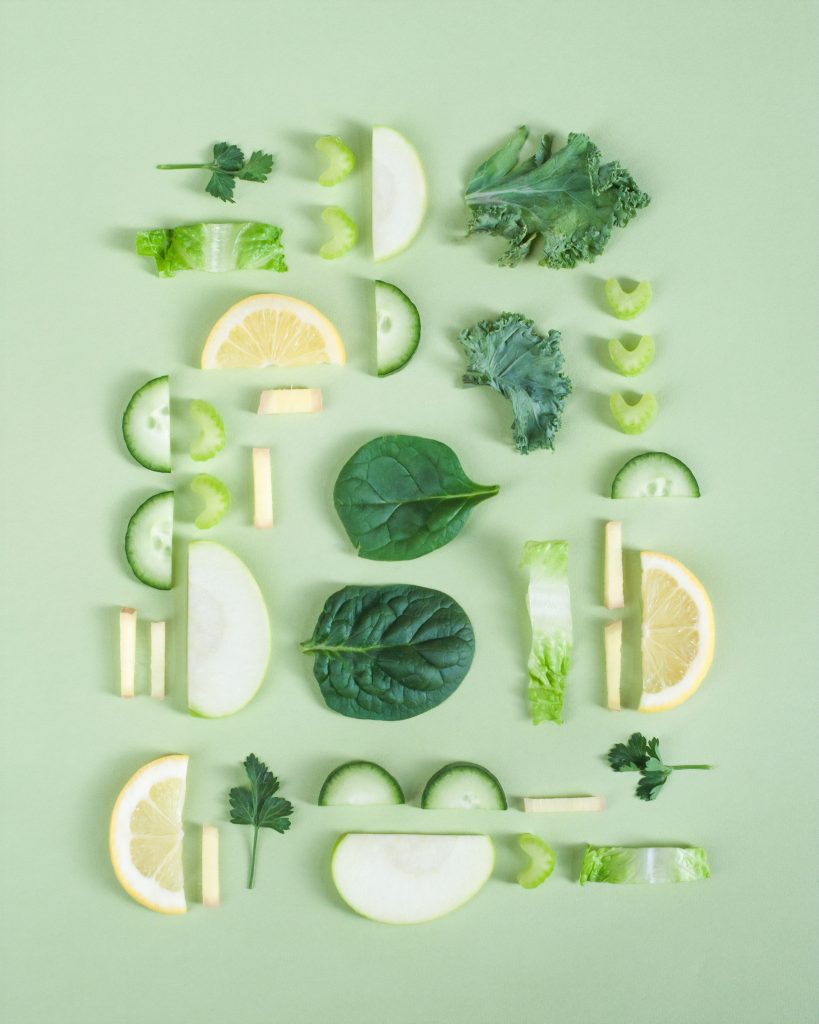TOP 10 HEART HEALTHY FOOD SUPPLEMENTS
When it comes to nutrition, a heart-healthy diet full of whole foods like fiber-rich fruits and vegetables and low in high-sodium processed foods is ideal. It’s also just as important to stay daily active to maintain heart muscle strength.
Although you might know that eating certain foods can increase your heart disease risk, we know it’s tough to change your eating habits. Whether you have years of unhealthy eating under your belt or you simply want to fine-tune your diet, here are top ten heart-healthy food supplements that you can include in your everyday diet.
- CoQ10
Your body produces CoQ10 naturally, but its production tends to decrease with age. Fortunately, you can also get CoQ10 through supplements or foods. Coenzyme Q10 is an effective antioxidant that can help lower lipid levels and can be especially protective against heart disease in older adults.
- B Vitamins
Research shows that lower levels of B vitamins in the blood and diet has been linked with oxidative stress and high levels of the amino acid homocysteine in the blood, which can greatly increase the risk of heart disease.
- L-Carnitine
This amino acid is vital for producing energy and can be found in all cells of the body. Research shows that it can reduce the risk of Obesity, Hypertension and Hyperlipidemia.
- Vitamin D
The minimum daily requirement of vitamin D is 600 IU (International Unit) per day. The research on how the vitamin D affects the heart health is still in its early stages. However, scientists believe there is a strong link between a higher risk of heart disease and lower vitamin D levels.
- Selenium
Selenium is an essential nutrient needed in the body for protection from oxidative damage, thyroid hormone metabolism and reproduction. Antioxidants like selenium help reduce oxidative stress by neutralizing excess free radicals.
- Magnesium
On the average, an adult person should consume about 310-420 milligrams of magnesium a day. If not so, there is increased risk of bone health and heart health issues. In other words; higher levels of magnesium intake have been linked to a lower risk of Diabetes, Hyperlipidemia and Metabolic syndrome.
- Omega-3 Fatty Acids
We can get omega-3 fatty acids from nuts, avocado, fatty fish like salmon, chia seeds, oysters and more. Omega-3 fatty acids can help improve endothelial function by promoting the release of nitric oxide and it is strongly related to prevention of cardiac death.
- Astaxanthin
The purest form of this powerful antioxidant is derived from a very small algae. Medical research suggest astaxanthin helps maintain cholesterol levels already within a normal range, in addition to its anticancer and anti-inflammatory effects.
- Garlic
Garlic contains vitamins C and B6, selenium and manganese (Mn). Supplementing with this strong, powerful antioxidant can help improve blood lipid profiles in those with high level Cholesterol and Hypertension.
- Turmeric
Curcumin, the main active ingredient in turmeric, is well-known for its anti-inflammatory and antioxidant properties. Because the curcumin content of turmeric is pretty low (around 3% by weight), it would be very difficult to reach these levels just by using the space while you’re cooking. Note that curcumin is poorly absorbed into the bloodstream, but it helps to consume black pepper with it.


